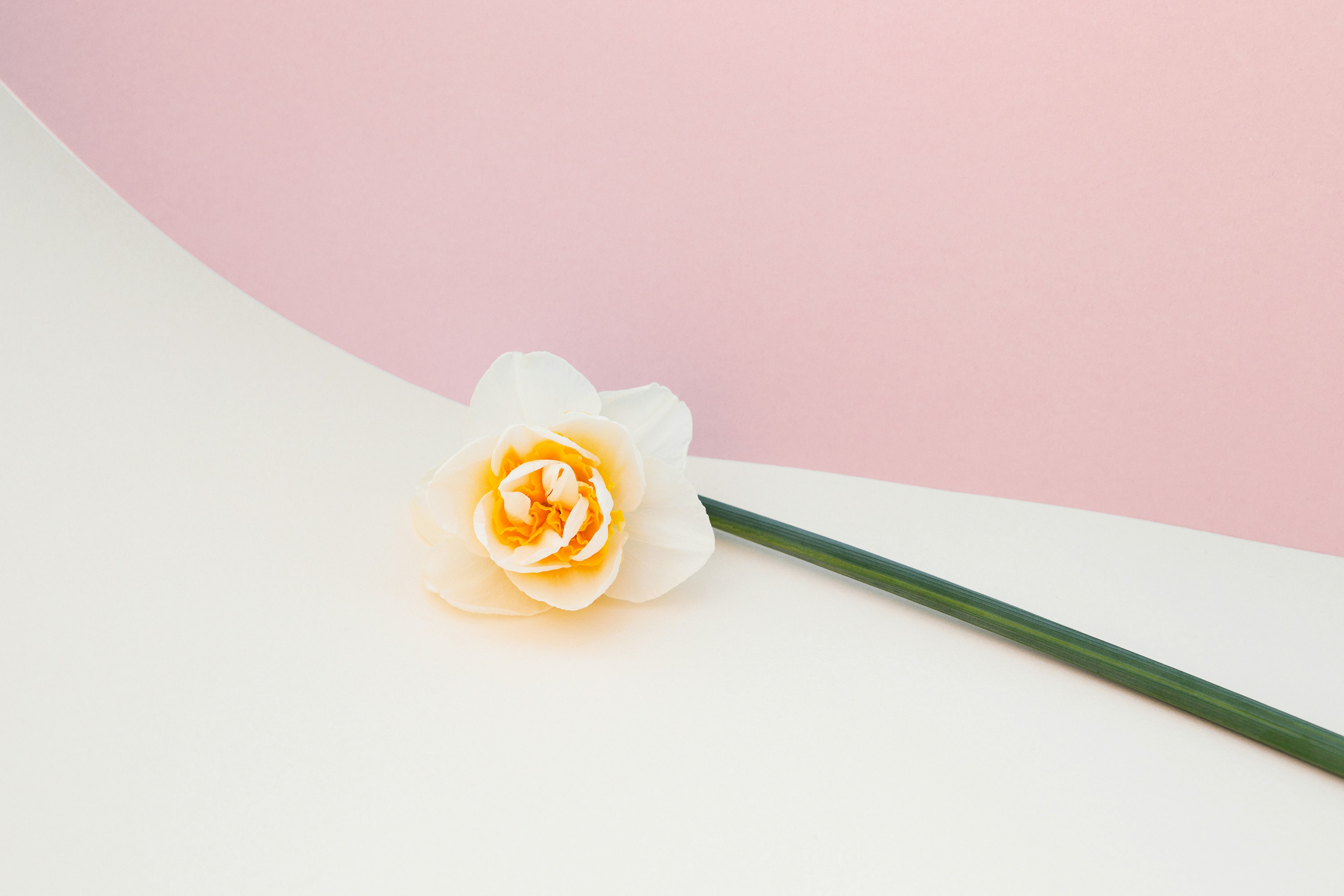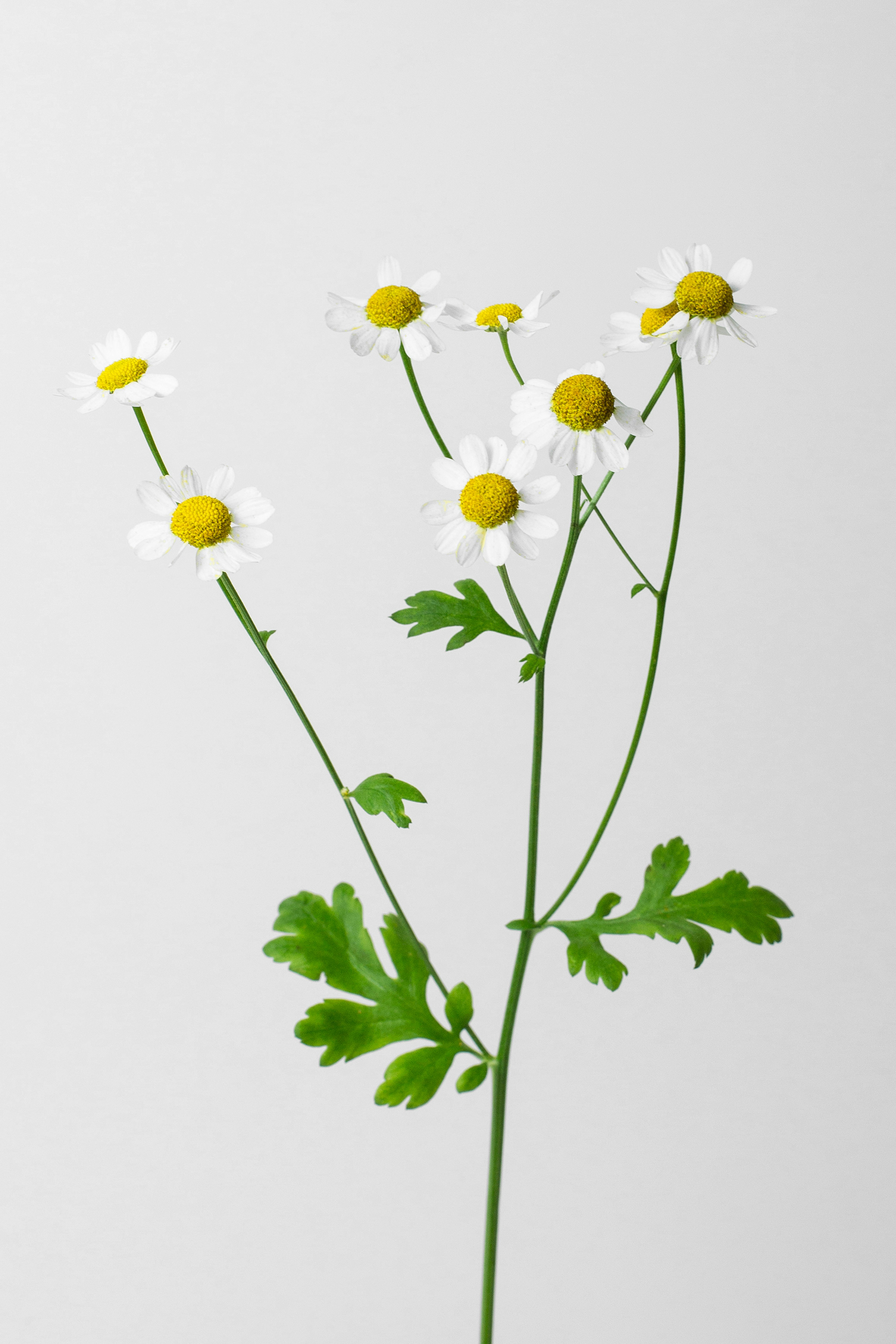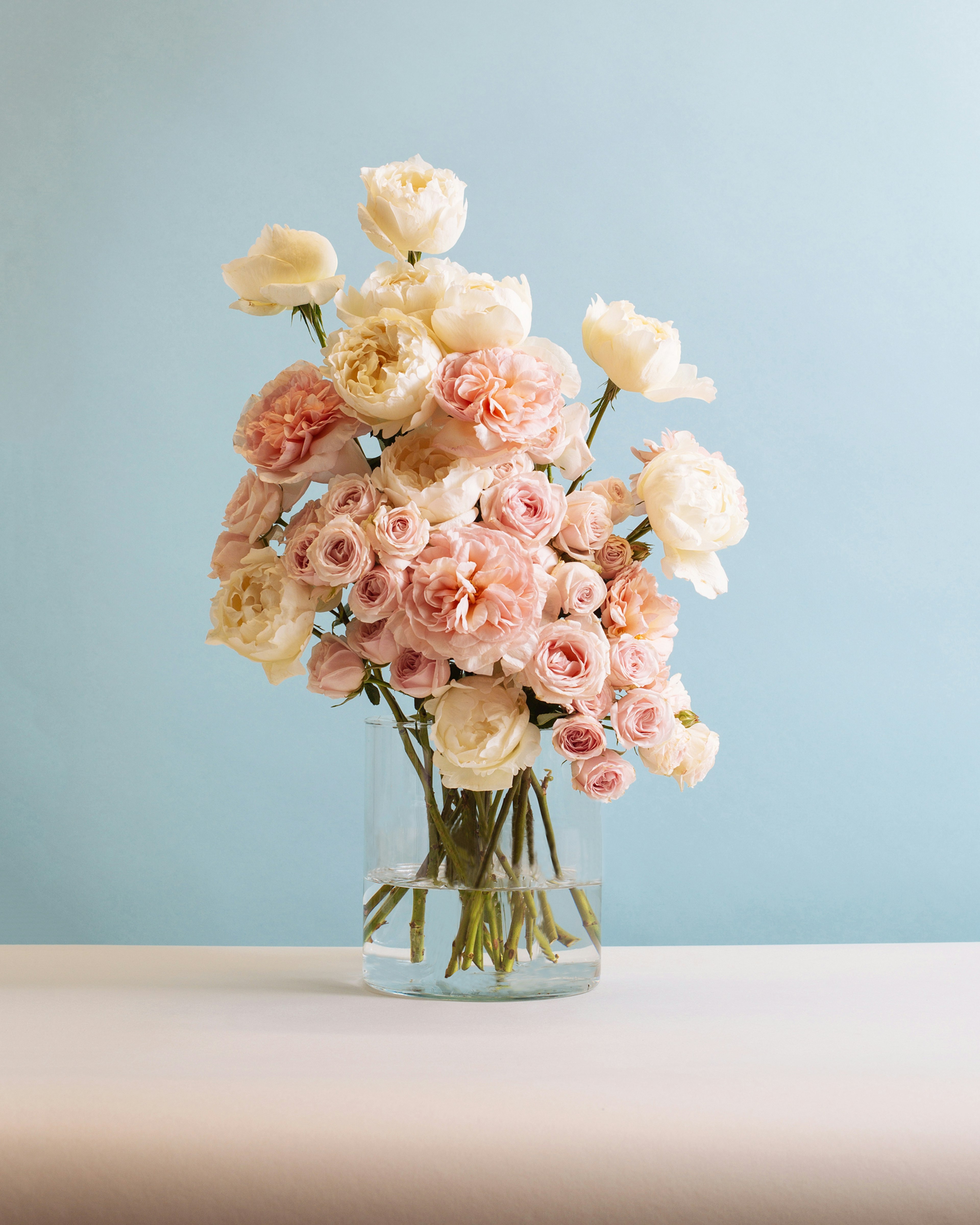Shop
Occasion
Same day delivery
Want to sell on Floom?
Shop
Occasion
Same day delivery
Want to sell on Floom?

Birth Month Flowers
Birth Month Flowers
Having trouble deciding which stems to send as a birthday gift? Whichever month you’re stuck on, we’ve got just the ticket. A month-by-month guide to the different birth flowers – and their symbolism – so you can send a meaningful celebratory bouquet.
January: Carnation
Identified by its ruffled petals that unfurl in a diversity of colours, January’s birth flower is the carnation. While its meaning varies depending on its hue, the stem is widely regarded as a symbol of both affection and devotion. Meanwhile, it’s the scientific name ‘dianthus’ is derived from the Greek for “heavenly flower”. It’s also one of the few flowers that thrive in colder climates, making it a fitting January birthday gift. Learn more about the carnation here.
View all Carnation bouquets.

February: Violet
Contrary to popular belief, February's birth flower is not the storied red rose. While Saint Valentine might have argued otherwise, it is in fact the violet – symbolic of watchfulness, loyalty, and faithfulness, too. Having been around for centuries – first used in herbal remedies by the ancient greeks – the flower is best known for its vivid flowers and distinctive heart shaped petals.
March: Daffodil
Symbolic of rebirth, new beginnings and rejuvenation, the arrival of daffodils is the surest sign that spring is on its way. It’s also the birth flower for March and the National Flower of Wales, worn nationwide on March 1st each year to celebrate Dewi Sant’s feast day. Daffodils also represent faithfulness due to their ability to bloom trumpet shaped cups year after year – a fine gift from one loyal friend to another. Read more here.

April: Daisy
April’s birth flower is the darling daisy – a humble flower that’s associated with purity, innocence and loyal (“he-loves-me-he-loves-me-not”) love. It’s name however, is thought to be a corruption of the phrase ‘day’s-eye’ – because the entire head of the flower closes at night time and opens as the sun rises, putting meaning to the phrase “fresh as a daisy”. Can you think of anything cuter than a flower that retires to bed every evening? Read more about the daisy here.

May: Lily of the Valley
May babies are a lucky kind, owing to the fact that they can claim the elegant of the Valley as their birth flower. Symbolic of happiness, purity and humility, it’s a favourite of royal brides for its delicate bell-like flowers and its sweet scent. Meanwhile, its ethereal blooms are often associated with mysterious, or magical, woodlands in many a fairytale. The fact that they only bloom for a short season from March to May further adds to their unique appeal.
View all Lily bouquets.
June: Rose
A symbol of love, beauty and honour, June babies are linked to one of the most popular flowers of all time. The rose, that comes in a vast array of vibrant hues from from classic red and pink, through to orange, yellow, lavender and white. While a single red rose is of course associated with love and romance, pink roses are widely regarded as a sign of gratitude and appreciation – perfect for a loved one or a friend. Meanwhile, roses of the yellow variety are a sign of both joy and friendship, and orange are linked to enthusiasm, passion and desire.

July: Delphinium
Symbolically associated with positivity and dignity, delphiniums are a honourable tribute to those born in July. The quintessentially British summertime stem is one of the rare true blue flowers, too. It’s said to take its name from the Greek word for “Dolphin”, supposedly the shape of the spur – formed by five petal-like sepals – resembles the back of a dolphin as it crests the waves… Tenuous the link may be, but what we do know is that delphinium make for a fitting July birthday gift. Read more about the delphinium here.

August: Gladiolus
Associated with strength, generosity and integrity, August’s birth flower – the gladiolus – is distinctive for its pointed tips and striking stalks of flowers. Its name derives from the Latin word ‘gladius’ which means ‘sword’ – a reference to the gladiators of ancient Rome who used to be showered in the stem should they successfully kill their opponent. Unsurprisingly, the stem is said to symbolise strength, generosity and moral integrity – a fine gesture to a loved one born in August.
September: Aster
While September’s birth flower – the aster – is commonly associated with love and daintiness, it’s also said to be symbolic of wisdom, faith, and valour. Taking its name from the Greek word for “star” – which is rather self explanatory – the aster blooms all year round, most vibrant towards the latter end of the year making it a fitting choice for a September celebration.
October: Marigold
If your birthday is in October, it’s likely you’re driven, passionate and creative – just like your birth flower the striking marigold. Best known for its golden petals and its striking scent, symbolically the marigold is said to represent stubborn determination to succeed. It’s also one of Autumn’s hardiest flowers, making for a fine long-lasting birthday gift.
November: Chrysanthemum
Symbolic of joy and happiness, the birth month of November is best celebrated with a bouquet of chrysanthemum stems. Believed to be a symbol of optimism in Eastern culture, the stem is also said to bring good luck into the home, although such meanings differ depending on the colour of the stems Most commonly, it’s associated with friendship and well-wishes. There’s no better way to celebrate a birthday – or an expectant mother – in November.
December: Holly
There are no prizes for guessing December’s birth flower. A sure symbol that the festive season is upon us, the glossy green leaves and vibrant red berries of the holly are synonymous with the final month of the year. Seen as a symbol of fertility in Pagan times – and also as a charm to ward off witches – holly has long had powerful connotations, and although it’s technically a foliage and not a flower, it makes for a fine celebratory December gift.




